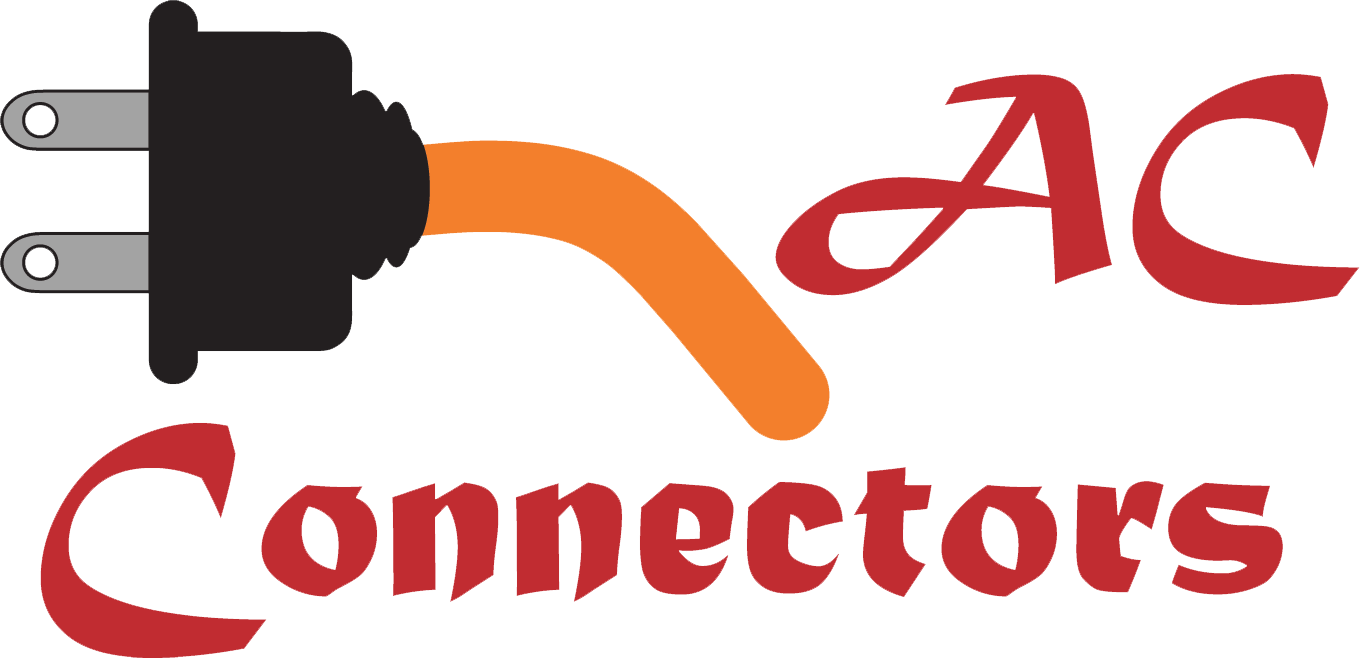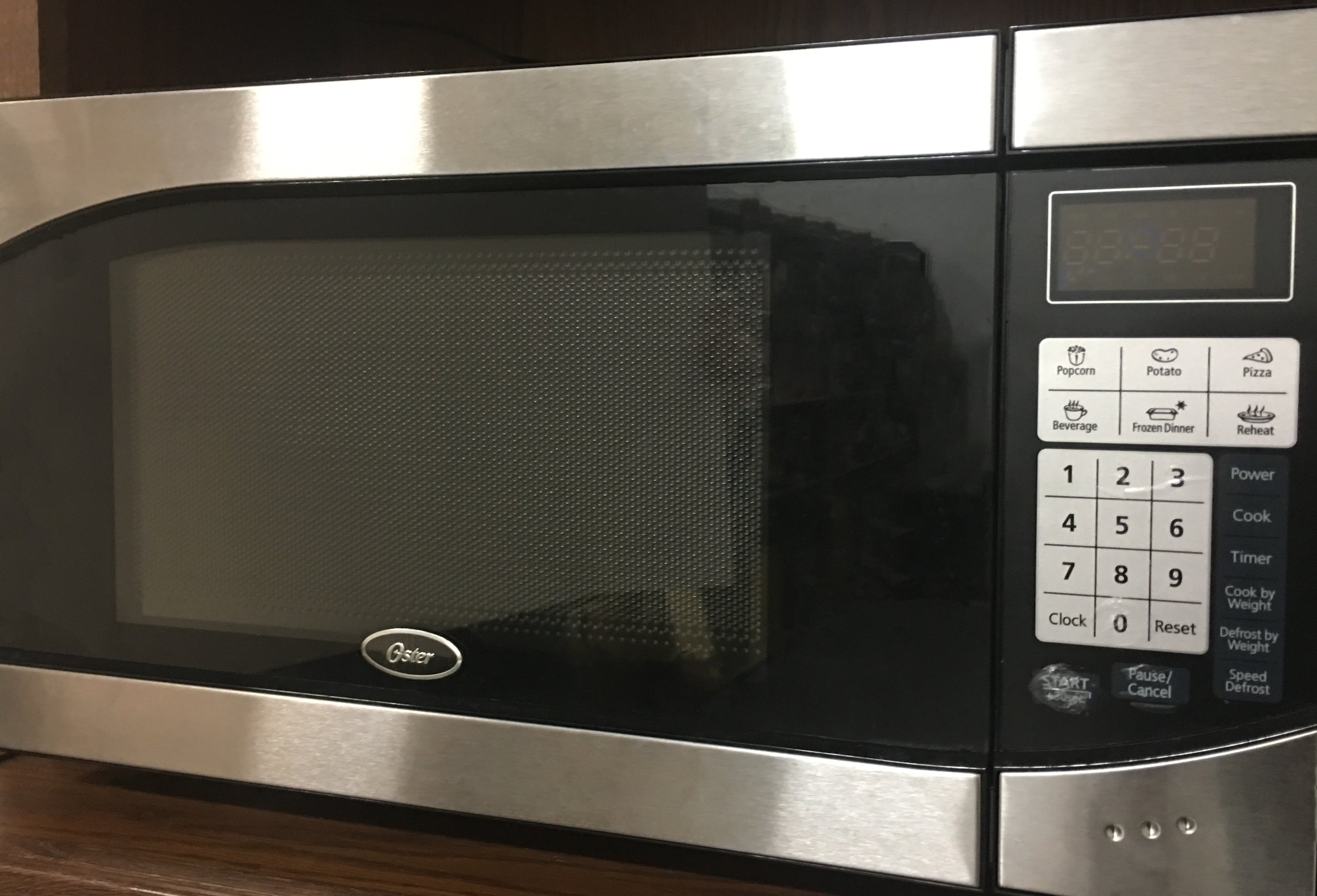Electricity consists of electrons flowing through a conductor, such as an electrical wire. Electricity is measured as an electric current. The electric current (I) is measured in Amps (A). Electrical pressure, the strength of the current or voltage (V) is what makes the current flow. Watts are the electrical power released. The most basic units of electricity are Voltage (V), Watts (W), and Amps (A).
In the case of your home microwave, it is using the fixed, US Standard of 120 Volts. As we know, it is capable of a single-phase of 1350 Watts. We used a basic equation to figure out the microwave will require 11.25 Amps of power to cook your food. While Volts are typically a fixed unit in the U.S., Watts is changeable. We figured out you can operate one microwave on your standard household NEMA 5-15 or 5-15/20 outlet, but to run two at once, would not work. You would not have enough power and would trip your 5-15 or 5-15/20 Amp circuit breaker.

If you have a larger appliance or a need to operate two microwave ovens at one time, you could install a separate circuit with higher power (Wattage). This would work because the higher wattage is required to power two microwaves. Powering two on one circuit would use a higher wattage than your outlet would provide, requiring higher power.
Without the voltage level it requires (120V or 240V), it will not kick on to operate. Think of the large appliance as being hungry. It is hungry for electricity to power it. Much like we need the energy to power ourselves. If the appliance is starved for the voltage needed to kick the appliance on, it cannot run. On the other hand, if the equipment you are trying to power only requires 120V and is plugged into a 240V circuit, your equipment will become damaged because it cannot handle that much voltage.
It is important to understand the terms and how they affect your household. Some of the benefits could be protecting yourself and your home from an electrical fire, evaluating or lowering monthly energy bills, and the basic understanding of what is going on inside your walls to power your home.







Share:
Cable Jackets: Their purpose and protection, explained.
Polarized Vs. Non-polarized: Household Electrical Safety
1 comment
Thank you. I think I need a full-blown course to understand: Amps, Volts, Watts, gauges of electrical cords and the like. Haven’t had to think about these since high school Physics class- now a 1/2 Century ago! thanks again